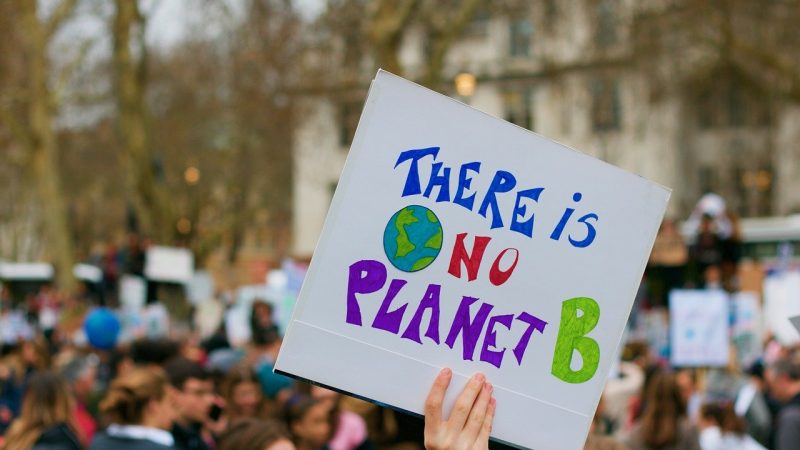The tiny cogs in the machine that is our ecosystem are rusting, falling out of sync, or failing to keep turning.

Amelia Womack is deputy leader of the Green Party
Over the years, the bird box in my garden has attracted generations of birds to build their nests and raise their chicks. Last year there seemed to be some kind of dispute over the bird box between a couple of great tits and a couple of blue tits.
Ever nosy, I had a camera installed in the box, so I could find out who was nesting in there and what was happening. Then I waited: within a few weeks, a small friend was busy filling the box with twigs and fluff, preparing for the arrival of spring and her young.
There were eight eggs; then, a couple of weeks later, there were seven tiny baby birds. Tens, perhaps hundreds of times each day, their mother fluttered back and forth to deposit tiny morsels of food into their demanding little mouths. Then, after a series of crisp cold nights, there were none.
Climate change makes its effects felt in huge, devastating ways: floods, droughts, wildfires. Failed crops, extinctions, and deaths from heat or cold. But, in the trees around us, in our streets and our parks, it makes itself known in quieter, almost invisible ways. Like small changes in the seasons wiping out young unseen
More than once, over the last few years, I’ve found myself planning an after-work pub trip on an unusually warm February day – one that feels hot enough for a pub garden, a cold pint, a short-sleeved t-shirt. But by the time I’ve got there, the sun is setting, and I’m cold – and I remember that as unseasonably warm it is, it’s February.
Somehow, that feeling reminds me of the way I see the cherry blossoms beginning to creep up out of the soil earlier and earlier each year, optimistically reaching for the sun that’s burning as bright as it might in May or June. A few years ago, I was even greeted by cherry blossoms on my annual New Years Day walk. But within days or weeks, those early bloomers are caught out by an inevitable frost, dying before they should even have flowered.
These aren’t the most consequential impacts of climate change, by far. But they remind me that all around, the tiny cogs in the machine that is our ecosystem are rusting, falling out of sync, or failing to keep turning. Our natural world is changing, perhaps irreversibly, with every day that passes, and that so often the consequences of that are unseen to us. It took me keeping a bird box camera to really see the effects.
Noticing these small changes feels gut-wrenching sometimes – but it doesn’t make me feel hopeless. It reminds me what we have to fight for: an incredible biosphere in which life supports other life – including ours. This planet – its marine life, its birds, soil, and skies – is a precious gift. Decades of over-extraction and exploitation of the earth’s resources have left it depleted and damaged – but it’s not too late.
If we take action now, we can not only prevent catastrophic climate chaos, but rebuild our faltering ecosystems, and create ways of living in sync with the world around us – not in conflict with it.
I felt the loss of the seven baby birds maybe harder than I should, because it reminded me what else we stand to lose if we continue on the path we’re on. But it also reminded me of what there is to gain if we come together to take action for the climate – and how crucial it is that we have hope for a better future.
Left Foot Forward doesn't have the backing of big business or billionaires. We rely on the kind and generous support of ordinary people like you.
You can support hard-hitting journalism that holds the right to account, provides a forum for debate among progressives, and covers the stories the rest of the media ignore. Donate today.



